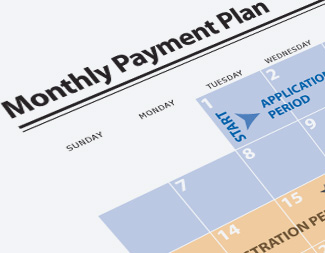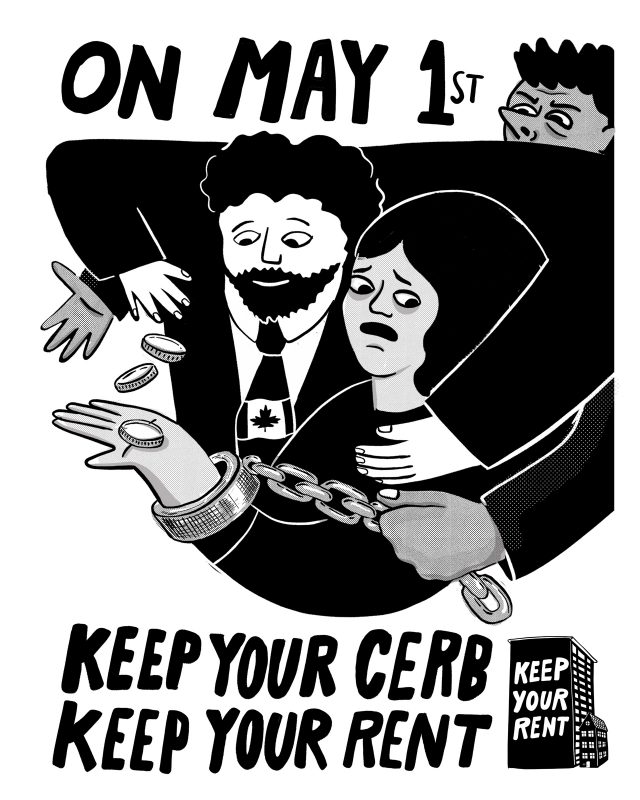
Thank you for accepting my submission as a volunteer. This is just my opinion based on comparing different areas and how Tenants are treated.
Landlords in Ontario continue to claim things such as “Tenants have all the rights”, “The system isn’t fair” and “Landlords have no rights.”
This is not true.
The real problems Ontario landlords face is not the ‘system’, it’s their lack of professionalism.
Sorry…in the Western nations Tenants have rights! Be professional and you don’t have any problems!
From not screening properly to not being fair to their Tenants to not bothering to train and view being a landlord as a job and not just sit back and take the money.
—“If you don’t treat small landlords right no one will invest.”
—Meanwhile there is MASSIVE and HUGE rental investment in Ontario rental properties in 2022.
I’m going to show you a clear example.
Ontario Landlords Have More Rights Than California, USA Landlords! Yes, USA!
And it’s an important example as many Canadians think they are more ‘fair’ and ‘gentle’ compared to Americans.
It’s simply not true.

California Offers Real Protection For Tenants: Tenants Who Didn’t Pay Rent Between March 1, 2020 ad September 30, 2021 Cannot Be Evicted!

Smart and handsome California governor Newsom really knows how to protect Tenants.
Did you know in California this is the PERMANENT law:
State law permanently protects residential tenants from eviction if they were unable to pay rent due between March 1, 2020 and September 30, 2021 because of COVID-19-related lost income or increased expenses.
All Tenants have to do:
To be protected, tenants must return a declaration that their landlord must give them along with any eviction notice seeking collection of this rent.
California Is Very Clear To Protect Tenants And Their Rights
Can a landlord pursue back rent through an eviction process even though the landlord has also obtained relief or compensation from another source?
No. The eviction moratorium prohibits a landlord from using the eviction process to recover delayed rent if the landlord has already been compensated for the unpaid rent through federal or state government relief funds or other programs that provide such compensation.
Does the moratorium provide tenants with any affirmative defenses if a landlord files an eviction lawsuit against the tenant, in violation of the moratorium?
Yes. The moratorium grants an affirmative defense that may be raised at any time in an eviction lawsuit (also known as an unlawful detainer action) if a landlord files the lawsuit in violation of the moratorium.
The moratorium says that “a landlord may not deceive a tenant in connection with . . . this Order.” What does that mean?
A landlord cannot intentionally or carelessly provide false information about the protections provided by the moratorium, or what the moratorium requires landlords or tenants to do. Providing incomplete information could also be a violation.
What should a tenant do if a landlord serves an eviction notice, files an eviction lawsuit against the tenant, or provides false or misleading information, in violation of the moratorium?
Tenants can complain to the City Attorney’s Office if landlords don’t comply with the moratorium. If informal efforts to get the landlord to rescind notices fail, the City may issue a fine of $1,000 or file a lawsuit. Also, the tenant or the City can sue the landlord for violations the Tenant Harassment Ordinance. The maximum civil penalty for a violation of the Tenant Harassment Ordinance has been increased from $10,000 to $15,000 during the emergency.
https://www.santamonica.gov/coronavirus-eviction-moratorium
Residential Eviction Protections for Non-Payment of Rent
Los Angeles County Eviction Moratorium: For rent due from July 1, 2022 through December 31, 2022, tenants whose household income is at or below 80 percent Area Median Income are protected from eviction for nonpayment of rent, if they certify their income and inability to pay due to financial impacts related to COVID-19. To be protected, tenants must provide notice to their landlord within 7 days of rent is due, every month that rent is due. This program was enacted by and is administered by the County of Los Angeles. For more information, please visit https://dcba.lacounty.gov/noevictions/ or call 800-593-8222.
State law permanently protects residential tenants from eviction if they were unable to pay rent due between March 1, 2020 and September 30, 2021 because of COVID-19-related lost income or increased expenses. To be protected, tenants must return a declaration that their landlord must give them along with any eviction notice seeking collection of this rent. Even if a tenant has already provided a declaration each month, they should return this declaration as well. State law says that tenants must have paid 25 percent of rent due for September 2020 – September 2021 by September 30, 2021 in order to be protected. However, tenants who did not pay 25 percent may still be protected from eviction if they apply for state rent relief or their applications for state rent relief are pending. Residential tenants can call the Legal Aid Foundation at (800) 399-4529 for more information.
State law also prohibits a court from issuing a summons in an eviction case for rent owed through March 31, 2022 unless the landlord declares under penalty of perjury that he or she applied for government rental assistance and was rejected; and provides a copy of the final rejection. This prohibition expires on June 30, 2022.
Even after March 31, 2022, tenants who can pay all the rent owed with the help of rental assistance now have more time to pay to avoid eviction. Tenants can contest or overturn an eviction at any time prior to leaving if they can show that with approved assistance and their own funds (if needed) they can pay all the rent owed. Tenants can do so even after getting a court ruling against them. This protection only applies if the rent was owed between March 1, 2020 and March 31, 2022 and the tenancy began before October 1, 2021.
Protections against evictions for reasons other than nonpayment of rent have also been extended. On June 29, 2022, The City extended the following protections until December 31, 2022*:
- Protections against “no-fault” evictions, including owner-occupancies;
- Protections against evictions for nuisance, with limited exceptions for health and safety concerns, or for unauthorized occupants or pets;
- Owners may serve requisite notices for an Ellis Act eviction, but shall not file an eviction based on removal of a unit from the market under the Ellis Act until 60 days after December 31, 2022.
Special protections against eviction for refusing non-emergency entries were not extended and are no longer in effect. Landlords must still comply with California law regarding entries, including entering only for specific reasons and providing reasonable notice.
*If the County Health Office Order is terminated, or the City does not ratify the need for a continuing local emergency every 60 days, the protections would end prior to December 31, 2022.
Los Angeles County extended protections against eviction for nuisances, unauthorized occupants and animals, and certain owner-occupancies through December 31, 2022, but did not extend protections for denying entry to landlords beyond May 31, 2022. Where protections are provided by Los Angeles County and the City of Santa Monica, the stronger protection applies. You can find more information at https://dcba.lacounty.gov/noevictions/



























